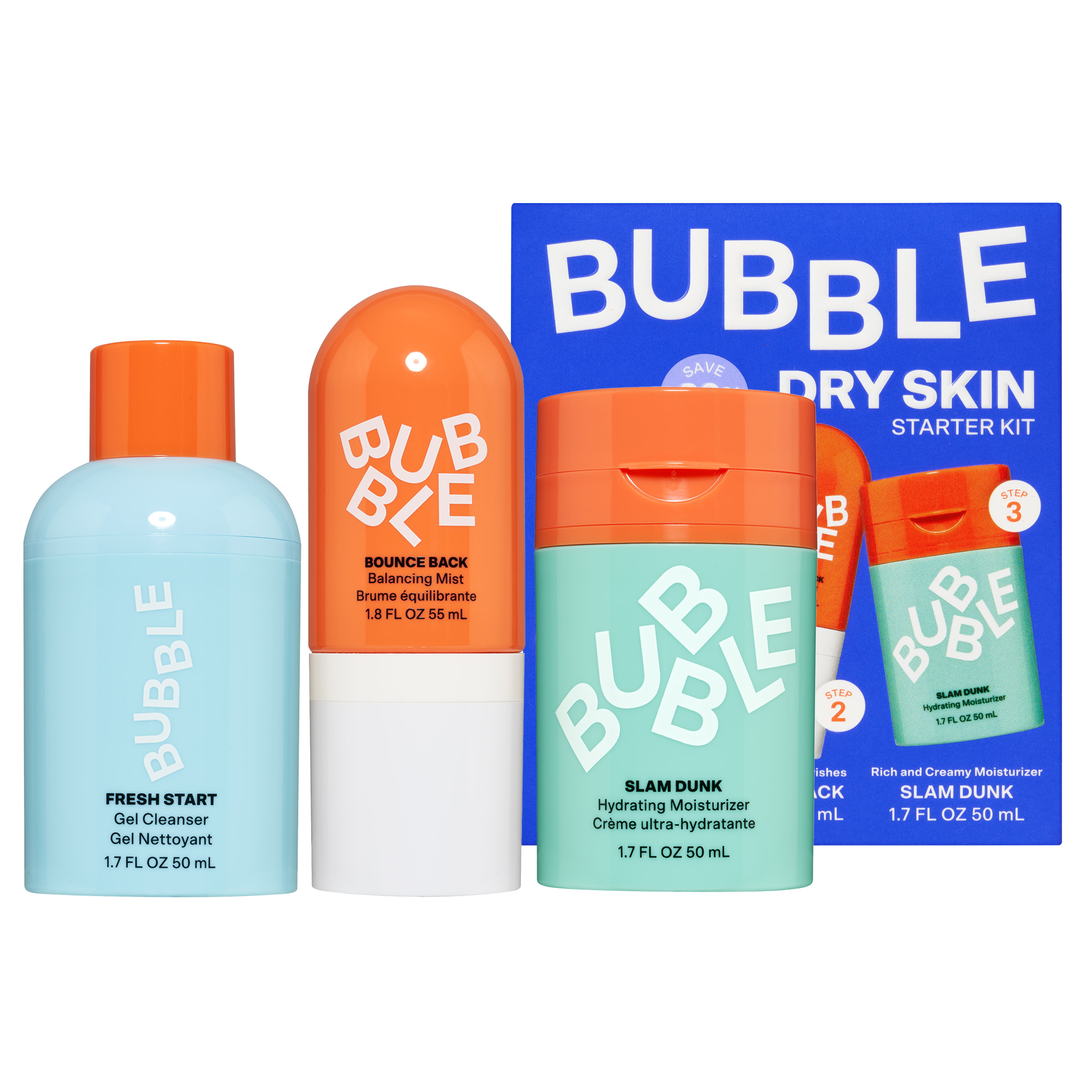Rise by Six: Your Daily Dose of Inspiration
Explore insights and stories that elevate your day.
Smooth Operators: The Unexpected Truth About Exfoliation
Discover the surprising secrets of exfoliation and transform your skincare routine! Unveil radiant skin today with our expert tips.
The Science Behind Exfoliation: How It Benefits Your Skin
Exfoliation is a vital skincare process that involves the removal of dead skin cells from the surface of the skin. This process can be achieved through mechanical methods, such as scrubs, or chemical exfoliants, which utilize acids to gently dissolve dead skin. By eliminating this layer of dead cells, exfoliation not only enhances the texture and appearance of the skin but also promotes cell turnover. This is crucial because it allows healthier, more radiant skin cells to surface more quickly, resulting in a fresh and youthful complexion.
Moreover, the benefits of exfoliation extend beyond mere aesthetic improvements. Regular exfoliation helps to unclog pores, reducing the likelihood of breakouts and minimizing the appearance of blackheads. Additionally, it aids in the absorption of other skincare products, allowing serums and moisturizers to penetrate deeper and work more effectively. In essence, incorporating a consistent exfoliation routine into your skincare regimen can lead to visibly healthier skin, making it an essential practice for anyone looking to maintain a glowing complexion.

Exfoliation Myths Debunked: What You Need to Know
Exfoliation is often surrounded by numerous myths that can mislead anyone looking to achieve healthier skin. One common misconception is that you need to exfoliate daily for the best results. In reality, over-exfoliating can strip the skin of its natural oils, leading to irritation and even breakouts. Experts recommend a balanced approach, often suggesting exfoliation 1-3 times a week depending on your skin type. It's essential to listen to your skin and adjust your routine based on its unique needs.
Another myth is that all exfoliating products work the same way. There are two primary types of exfoliants: physical and chemical. Physical exfoliants use granular substances to manually scrub away dead skin cells, while chemical exfoliants utilize acids or enzymes to dissolve them. Choosing the right method for your skin is crucial. For sensitive skin, chemical exfoliants, particularly those that are gentle, can be more effective without causing damage. Understanding these differences can help you find the most suitable exfoliation routine for your skin type.
How Often Should You Exfoliate? Expert Tips and Recommendations
Exfoliation is a crucial step in any skincare routine, but one of the most common questions people ask is, how often should you exfoliate? The frequency of exfoliation depends largely on your skin type and the type of exfoliant you are using. For those with oily or acne-prone skin, exfoliating 2-3 times a week may help remove excess oil and prevent breakouts. Conversely, those with sensitive or dry skin should limit exfoliation to once a week to avoid irritation and dehydration.
Experts recommend paying attention to your skin's responses to different exfoliation methods. Physical exfoliants—like scrubs—can be harsher on the skin and may require more downtime than chemical exfoliants such as AHAs and BHAs, which often allow for more frequent use. Always listen to your skin; if it feels irritated or looks red, you might be exfoliating too often. Incorporating a hydrating serum or moisturizer post-exfoliation can also enhance your skincare results.